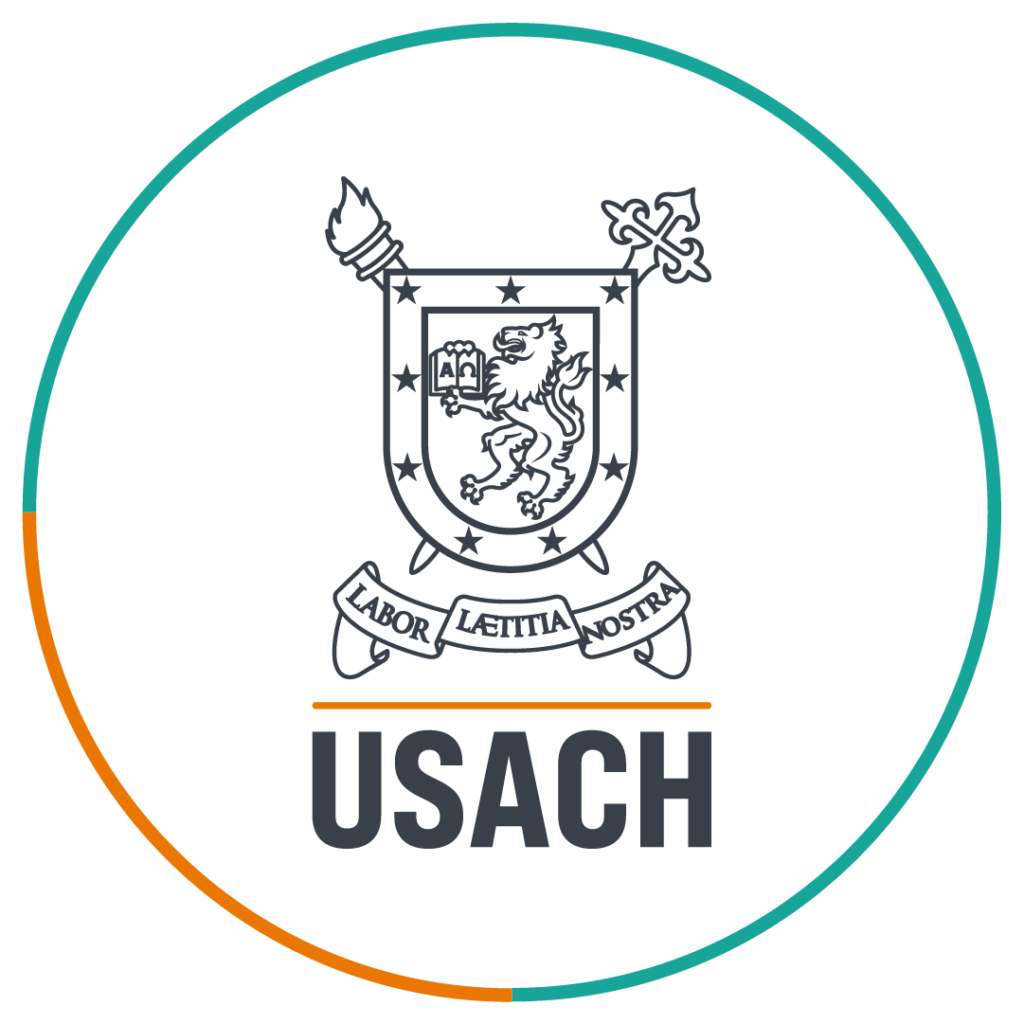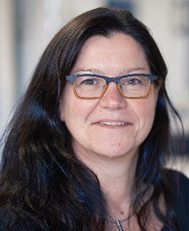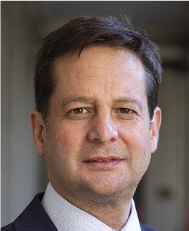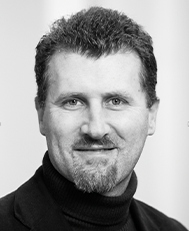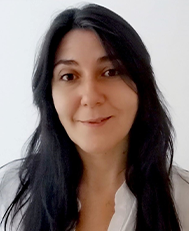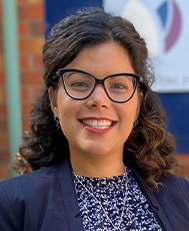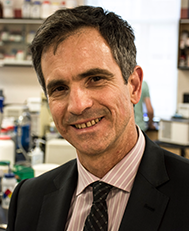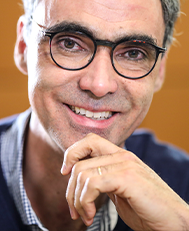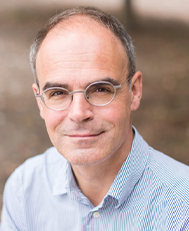Santiago de Chile - 05 to 07 November
DOF2025
The 11th International Symposium on 'Delivery of Functionality in Complex Food Systems' 2025
WELCOME
The 11th International Symposium on the Delivery of Functionality in Complex Food Systems (DOF 2025) will take place in Santiago, Chile, from November 5 to 7, 2025. This symposium is a premier interdisciplinary platform for presenting cutting-edge research in food science and engineering, biophysics, applied soft matter, food technology, and human nutrition. As one of the leading international conferences in this domain, DOF has consistently fostered dynamic exchanges among experts in academia, industry, and start-ups.
For the first time in South America, DOF 2025 will provide an exceptional opportunity for global participants to engage in meaningful discussions, share innovative ideas, and explore the latest scientific advancements driving the development of functional and sustainable food systems. The conference will feature world-renowned speakers presenting the forefront of research, technological breakthroughs, and future directions in the field.
We look forward to welcoming you to Santiago, where scientific and cross-disciplinary collaboration will shape the future of food science.
DOF 2025 will focus on the following topics:
Design of complex colloidal systems for delivery: bigels, aerogels, emulgels, emulsions and foams.
Modulating functionality of food matrices by emerging/novel technologies.
Oral Processing, digestion, tribology, and rheology: Interdisciplinary insights into Food Behavior and Functionality
Designing novel food structures for delivery of functionality.
Recent advances in plant-based foods.
Speakers
At DOF2025, we are honored to host a distinguished lineup of experts in the field of complex food systems. These thought leaders, researchers, and innovators will share their insights, latest findings, and practical approaches to advancing functionality in food science. Get ready to be inspired by their knowledge and passion for transforming the future of food.
Important Dates
Stay up to date with key milestones for DOF2025. Mark your calendar for these essential events and deadlines to ensure you don´t miss outon any opportunities.
june
15
2025
Abstract submission deadline (oral & poster)
july
15
2025
Notification of abstract acceptance
july
30
2025
Early-bird registration deadline
october
15
2025
Final registration
deadline
Abstract submission
We invite researchers and professionals to submit their contributions to DOF2025. Share your innovative work, insights, and advancements in complex food systems. Detailed guidelines and submission deadlines are available on our platform. Join us in shaping the future of food science!
Registration fees
We are pleased to offer the following registration fees for the DOF2025 Conference.
The registration fee is in US dollars.
Organizers
The DOF2025 conference is brought to you by a team of leading experts in food science and technology, dedicated to advancing knowledge and innovation in complex food systems.
Conference Local Organizing Chairs
• Carla Arancibia
Universidad de Santiago de Chile
• Paulo Díaz-Calderón
Universidad de los Andes, Chile
Scientific Steering Committee
• Alejandro Marangoni
University of Guelph, Canada
• Antonio Vicente
Centre of Biological Engineering, University of Minho, Portugal
• Erik van der Linden
Wageningen University, The Netherlands
• Harjinder Singh
Riddet Institute, Massey University, New Zealand
• Job Ubbink
California Polytechnic State University, USA
• Julian McClements
University of Massachusetts-Amherst, USA
• Mike Boland
Riddet Institute, Massey University, New Zealand
• Perla Relkin
AgroParisTech, France
• Raffaele Mezzenga
ETH Zurich, Switzerland
• Harold Corke
Guangdong Technion Israel Institute of Technology, Shantou, China
• Yigal Achmon
Guangdong Technion Israel Institute of Technology, Shantou, China
• Dganit Danino
Technion Israel Institute of Technology, Israel
• Yoav Livney
Technion Israel Institute of Technology, Israel
Event Location
The DOF2025 conference will take place at Radisson Blu Plaza El Bosque Santiago, conveniently located in Santiago, Chile. A central and accessible venue to bring together experts from around the world.
Radisson Blu Plaza
El Bosque Santiago
Av. Manquehue Nte. 656, Santiago, Las Condes,
Región Metropolitana
History
The DOF2025 conference is brought to you by a team of leading experts in food science and technology, dedicated to advancing knowledge and innovation in complex food systems.
Edition
Date
Country
City
- 10th
- 25-27 Oct 2023
- Australia
- Melbourne
- 9th
- 16-18 Jun 2021
- China
- Shantou
- 8th
- 8-10 Jul 2019
- Portugal
- Porto
- 7th
- 5-8 Nov 2017
- New Zealand
- Auckland
- 6th
- 14-17 Jul 2015
- France
- Paris
- 5th
- 30 Sep-3 Oct 2013
- Israel
- Haifa
- 4th
- 21-24 Aug 2011
- Canada
- Guelph, ON
- 3th
- 18-21 Oct 2009
- Netherlands
- Wageningen
- 2th
- 8-10 Oct 2007
- U.S.A.
- Amherst, MA
- 1th
- 26-28 Jan 2005
- Switzerland
- Lausanne
Contact Us!
For inquiries or more information, please reach out to us via email or phone. We’re here to assist you!

